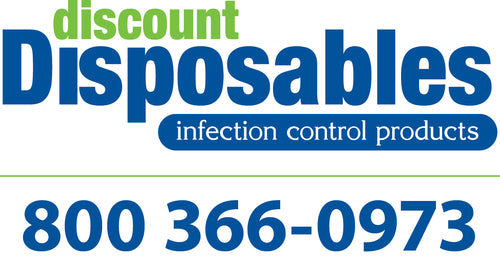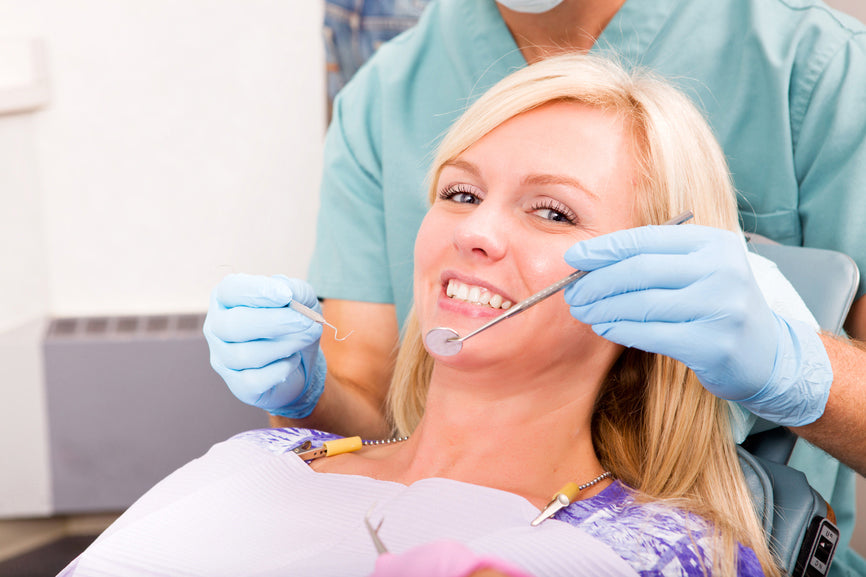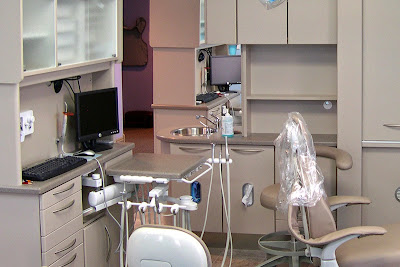According to the CDC, who works closely with the World Health Organization, "The spread of the virus happens through direct contact with blood and body fluids. Ebola is not spread through the air or by water or, in general, by food."
The key in preventing the spread of Ebola and most viruses or diseases is in the CDC's last statement: "Dental providers should continue to follow Universal and Standard infection control procedures". Standard contact and droplet precautions are recommended for the management of patients with potentially dangerous virus
Although the danger once Ebola is contracted is very real, the contagious aspect of the virus is not as critical compared to most common diseases. According to Forbes Magazine and leading Infectious Diseases Physicians, diseases like Enterovirus and Influenza are far more dangerous and contagious than Ebola in the US. This highlights the need for dentists and all healthcare providers to regularly review their infection control protocols and the infection control supplies they use to ensure they are prepared for all the types of bacteria and viruses that enter their office.
Here are a few tips you can use in making sure your practice is following standard infection control procedures.
-
Be Prepared!
Healthcare providers should review infection control policies and procedures and incorporate plans for administrative, environmental, and communication measures, as well as personal protective equipment (PPE) and training & education.
-
Use Appropriate Personal Protective Equipment (PPE)
Recommended PPE should be worn by healthcare providers upon entry into patient rooms or care areas. Upon exiting the patient room or care area, PPE should be removed and discarded without contaminating eyes, mucous membranes or clothing.
-
Follow Proper Hand Hygiene Recommendations
Hand hygiene should be performed immediately after removal of PPE. HCP (health care providers) should perform hand hygiene frequently. Hand hygiene includes washing hands with soap and water or using alcohol-based hand rubs. However, if your hands are visibly soiled then use soap and water, not alcohol-based hand rubs.
-
Ensure the Efficacy & Efficiency of Your Disinfectants
As stated by the CDC, the biggest factor in choosing a surface disinfectant is choosing one that "Is a chemical germicide registered with the EPA as a 'hospital disinfectant' and labeled for tuberculocidal activity to be used on surfaces that have been contaminated with patient material." The CDC also states, "Check the disinfectant's label for at least one of the common non-enveloped viruses (e.g., norovirus, rotavirus, adenovirus, poliovirus)"
Products such as Super Sani-Cloth Wipes are a great way to combat the spread of potentially infectious diseases. Super Sani-Cloth was tested against 3 different types of non-enveloped viruses and was able to kill them in just 2 minutes. Also in 2 minutes, Super Sani-Cloth Wipes kills TB and 29 other organisms including Influenza, TB, MRSA, HIV and many more.
In order to achieve optimal effectiveness in cleaning and disinfection, it's imperative that the instructions for each disinfectant used are followed.
Dentistry deals with a primary human secretion: saliva, which means dentists are constantly being exposed to these emerging infectious diseases. According to ADA.org, there is no reported risk of transmission of Ebola from asymptomatic infected patients, however, dental professionals run the risk of acquiring Ebola or many other diseases if strict standard infection control measures are not being routinely followed.
Discount Disposables has more than 25 years of experience in helping our customer adhere to strict infection control standards through the high quality infection control products and knowledge we provide. We even have an OSHA Outreach Trainer with a specialization in Infection Control on staff that can address your concerns and answer your questions.
Contact us today to discuss how your office can enhance your infection control procedures and products. For more information on infection control and infection control supplies visit InfectionControlProducts.com or call us at 800-366-0973.


